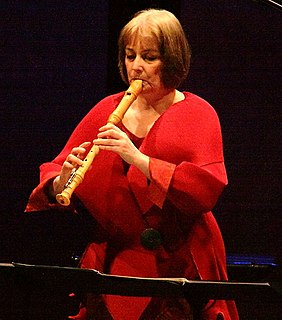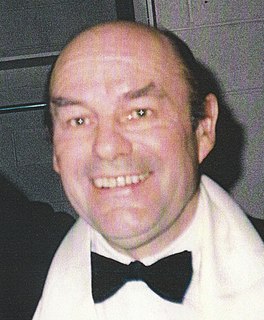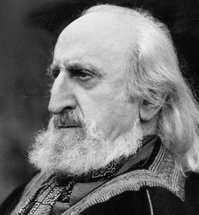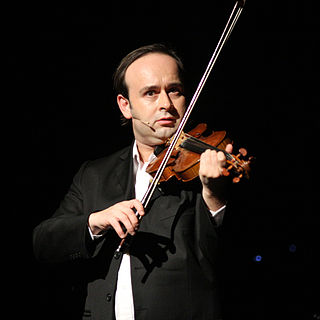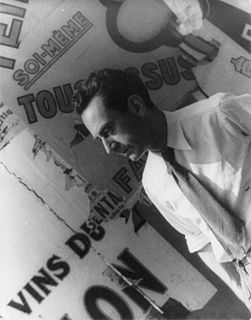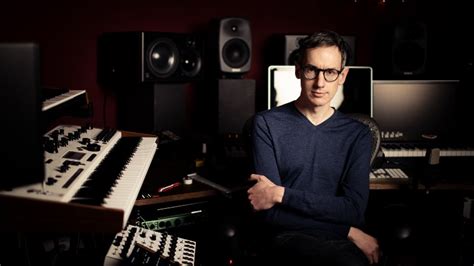A Quote by Michala Petri
I have always personally preferred to think of what is more difficult for my instrument, and not what is the most natural or the easiest. I enjoy the challenges - especially those that come with composers who have written contemporary music for the recorder.
Related Quotes
The musical culture in the United States has no doubt suffered severe setbacks, especially in funding, since the early 2000's. However, I've been amazed at the resiliency of those involved with contemporary music in this country. I think composers and those dedicated to contemporary music have reacted with tremendous creativity and resourcefulness.
In some ways, it is difficult for contemporary composers to find an audience. Both men and women would love a culture that embraced and hungered for new music, as they did in the Classical period. I tell my students that they should just keep writing, write what pleases you, and don't worry about what people or critics may think about your music.
Composers are influenced by all the important music in their lives - and I suppose that since radio started playing popular music, that's as likely to be The Beatles or Aphex Twin as it is to be Verdi or Ravel. They'd be strange teenagers if they didn't. But cross-pollinating happens too - Aphex Twin did more interesting things with electronic music than most trained composers, who seemed to approach samplers with undue caution and reverence in those early days.
In fact, if you take any group of scores, it's likely that fifty to sixty percent are going to be so much alike that it's difficult to tell any difference among them. But I sometimes wonder if that has more to do with the quality of the art that's being made. There are always those composers who are going to move toward whatever is currently in fashion, there are others who will deliberately attempt to go in another direction. And sometimes, there are composers who will see themselves as being outside the stream and not even try to present their music to the general public.
My pieces usually are programmed on concerts in which the other works are standard repertoire. My music always sounds very different when it's on a concert of all contemporary music. It always seems to stick out at an odd angle. This also makes me think of a question I sometimes debate with my friends: does the music of a composer directly reflect that composer's personality? This is a difficult one, but I think it usually does.
There are two kinds of music. One comes from the strings of a guitar, the other from the strings of the heart. One sound comes from a chamber orchestra, the other from the beating of the heart's chamber. One comes from an instrument of graphite and wood, the other from an organ of flesh and blood. This loftier music I speak of tonight is more pleasing than the notes of the most gifted composers, more moving than a marching band, more harmonious than a thousand voices joined in hymn and more powerful than all the world's percussion instruments combined. That sweet sound of love.
